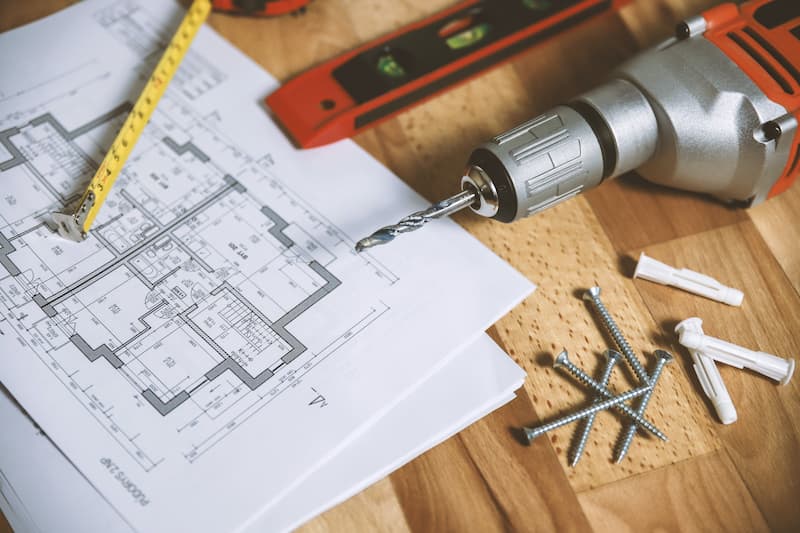
Analysis of the Inflation Reduction Act North Carolina
Published on September 20, 2022
The Senate Democrats Inflation Reduction Act offers significant rebates and tax credit opportunities for North Carolina residents who make energy-efficient home improvements that qualify for a home energy rebate program.
In this post, we will cover the key elements and incentives included in President Biden's Inflation Reduction Act to help you best take advantage of the energy-efficient home improvement credit 2022.
Rebate programs
The HOMES Rebate Program covers major upgrades to your home that make it more energy efficient. Think big-ticket items like solar panels, new windows, heat pumps, or any other large improvement leads to a significant impact on the efficiency of your home.
To calculate the level of rebate you qualify for through the HOMES Rebate Program, you must estimate the energy savings your upgraded home will achieve. For example, cutting your home’s energy usage by at least 35% can get you up to $4,000 in rebates. That amount is doubled to $8,000 for low- and middle-income households seeking energy-efficient home improvement credit through this program.
The High-Efficiency Electric Home Rebate Act (HEEHRA) provides rebates for low- and middle-income families who electrify their appliances. To see the exact savings for someone who makes a specific appliance upgrade through the High-Efficiency Electric Home Rebate Act, refer to the following HEEHRA rebate amounts:
- $1,750 for a heat pump water heater
- $8,000 for a heat pump for space heating and cooling
- $840 for electric stoves, cooktops, ranges, ovens, and electric heat pump clothes dryers
- $4,000 for an electric load service center upgrade
- $1,600 for insulation, air sealing, and ventilation
- $2,500 for electric wiring
Note that there is a $14,000 cap on the total dollar amount of rebates offered under the HOMES Rebate Program Inflation Reduction Act. Low-income homeowners can receive up to 100% of electrification projects covered — up to the cap of $14,000 in rebates — while middle-income individuals can get up to 50% of their costs covered by the rebates (also up to that $14,000 cap).
HEEHRA rebates are slated to be available at the point of sale, so homeowners will be able to realize the savings when purchasing the item(s) at the store.
Note that the high-efficiency electric home rebate program only allows homeowners to claim one rebate per improvement (no double dipping).
Are energy-efficient home improvements tax deductible?
The Inflation Reduction Act expands an existing homeowner efficiency tax credit, called the Energy Efficient Home Improvement Credit, to cover up to 30% of the cost of energy upgrades, with a cap of $1,200 per year.
Tax benefits for energy-efficient home improvements were previously available to homeowners, but only as a lifetime credit, meaning you could claim it only once. The Inflation Reduction Act house vote makes the credit an annual incentive. For example, you can now claim the tax credit for upgrading windows one year and then claim it again for buying a heat pump or paying for other energy-efficient home improvements the following year.
Unlike the rebates that are applied at the point of purchase, tax credits are realized only when an individual files their taxes, not at the time of the upgrade.
How do I claim these rebates and credits?
Hang tight on tax deductible energy efficient home improvement purchases for now. It will take several months or longer for the programs to be live from the time the act becomes law. The HOMES Rebate Program, for example, will be administered by each state, and it will take them a while to implement their plans. Likewise, the point-of-sale rebates provided by the HEEHRA will also require a massive amount of coordination between the government and retailers.
However, you might want to start thinking about the projects and upgrades you would like for your home and begin talking to contractors about options for earning credits for energy-efficient home improvements.
If you have questions regarding rebates, tax benefits for energy-efficient home improvements or grants for energy-efficient home improvements, our full-service accounting firm team is here to help. Contact BGW CPA Charlotte, NC for Inflation Reduction Act guidance.






